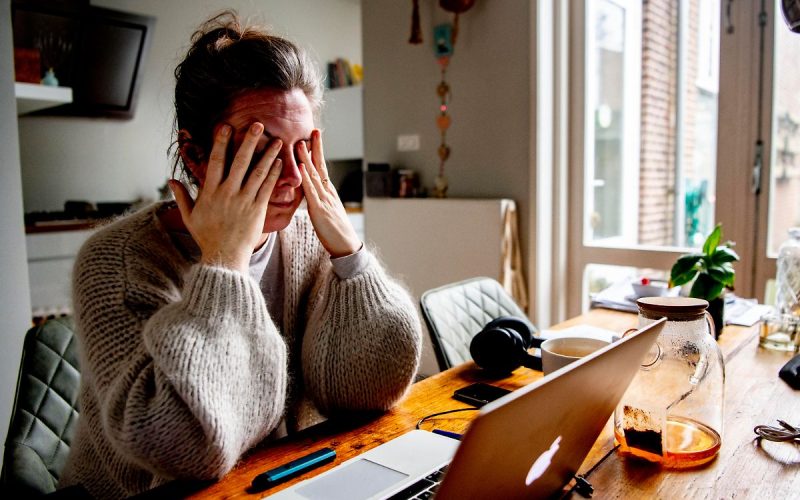After the first wave of the corona pandemic, it has become clear that some people have long-term symptoms, even after they have recovered from the infection. These symptoms are often referred to as ‘post-COVID’ or ‘long COVID syndrome’. It is a condition that still raises many questions, both among patients and physicians. Therefore, more scientific research is needed into the causes and treatments of post-COVID. UMC Utrecht is one of the institutions allowed to conduct four promising research projects, thanks to additional funding from the Ministry of Health, Welfare and Sport and ZonMw.
A total of 21 new studies have been launched in the Netherlands, focusing on biomedical and clinical research on post-COVID. UMC Utrecht’s four projects are part of a broader grant program totaling 16.4 million euros aimed at gaining more knowledge about post-COVID. This research is of major importance because it can contribute to better treatments for the thousands of people who struggle daily with the consequences of COVID-19. The honored projects are carried out in collaboration with other research institutions and patient organizations, so that the concerns and needs of patients are always the focus.
With these four major research initiatives, UMC Utrecht hopes to contribute to the scientific breakthrough needed to better understand and effectively treat post-COVID.
